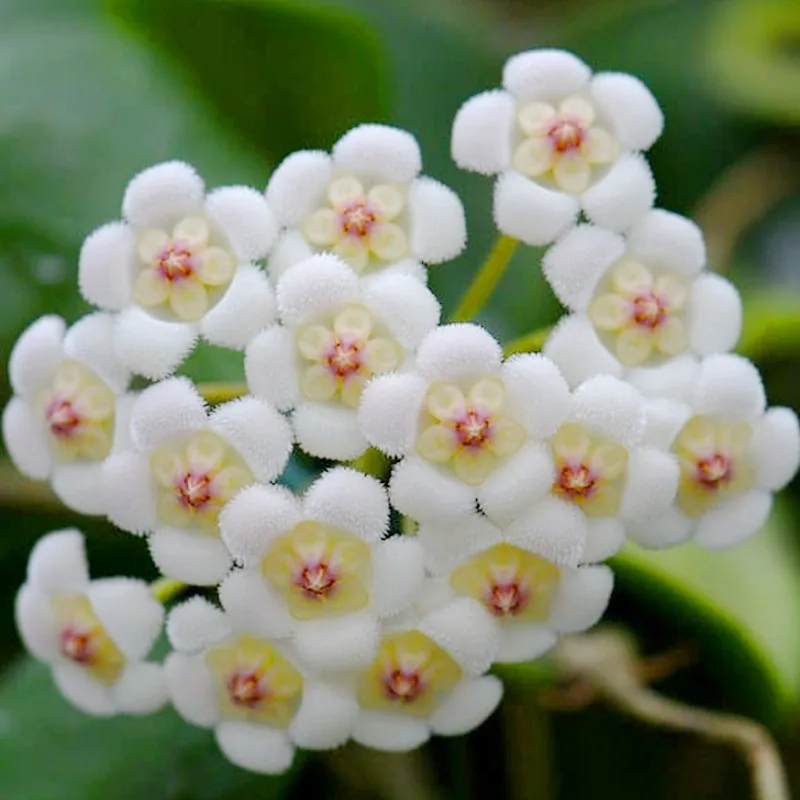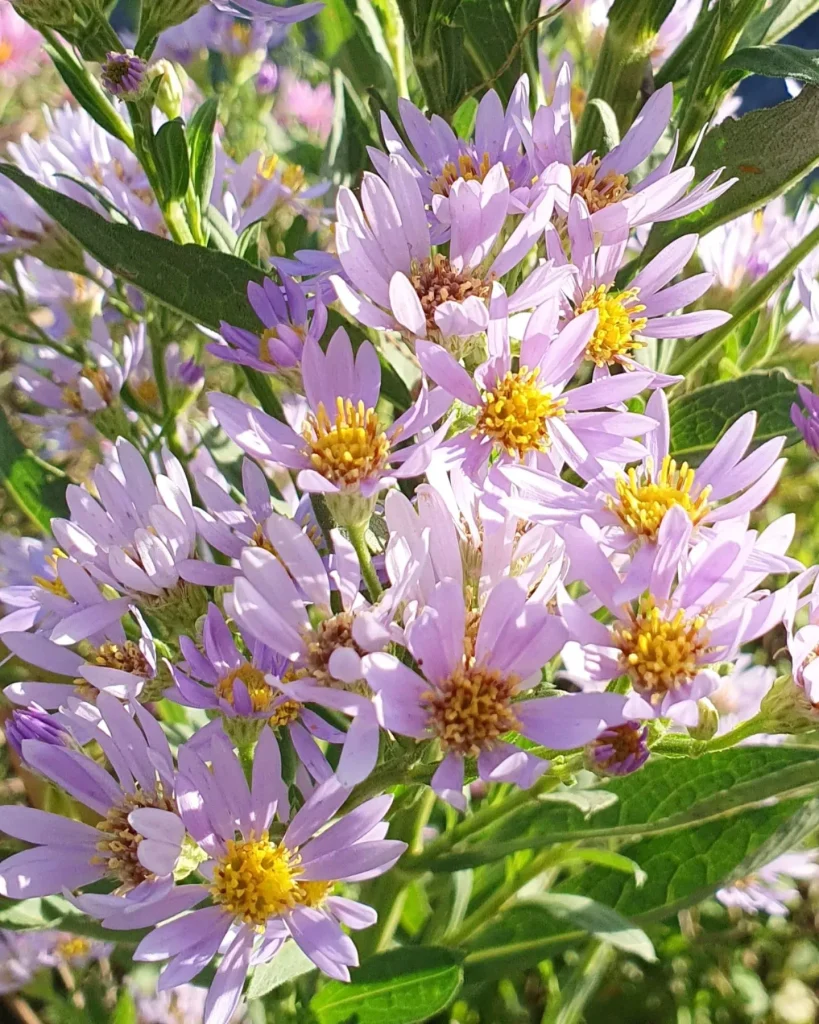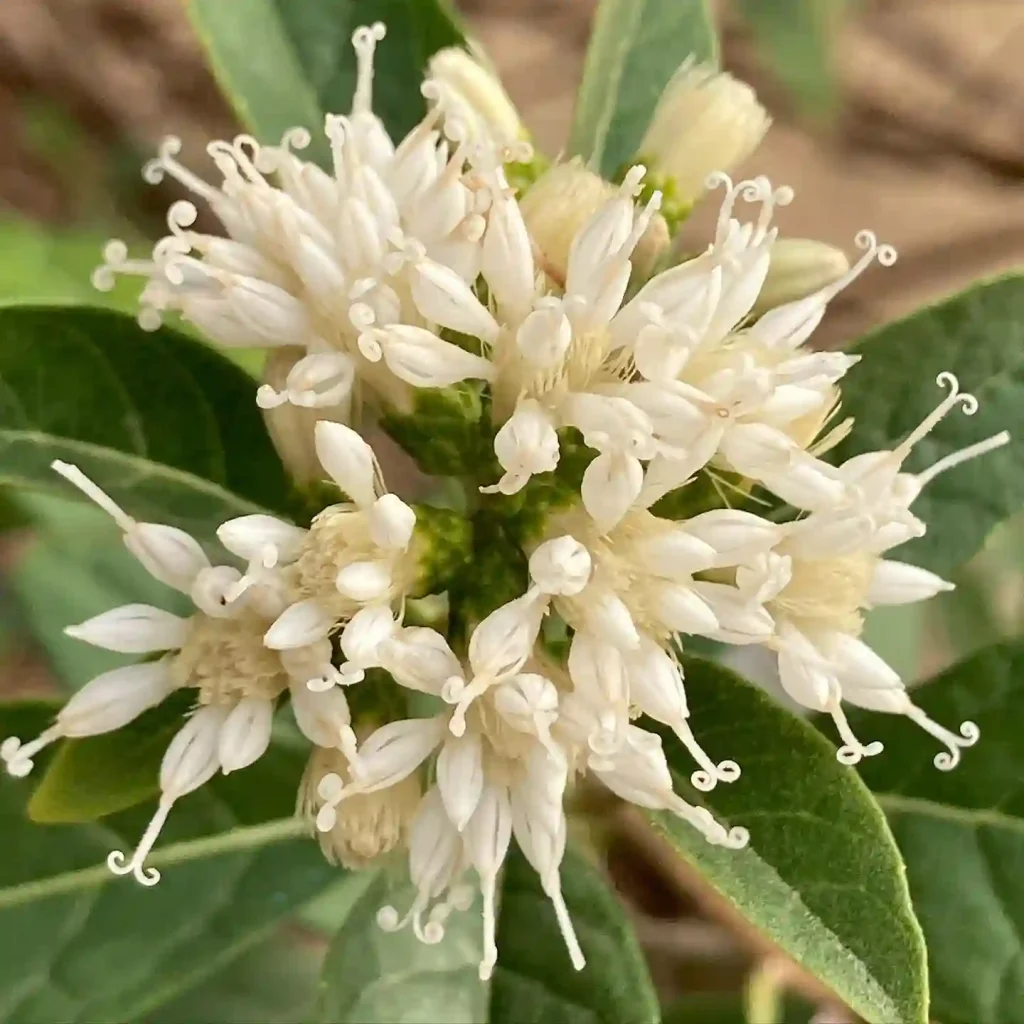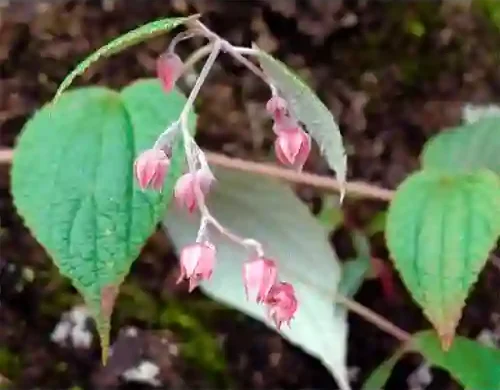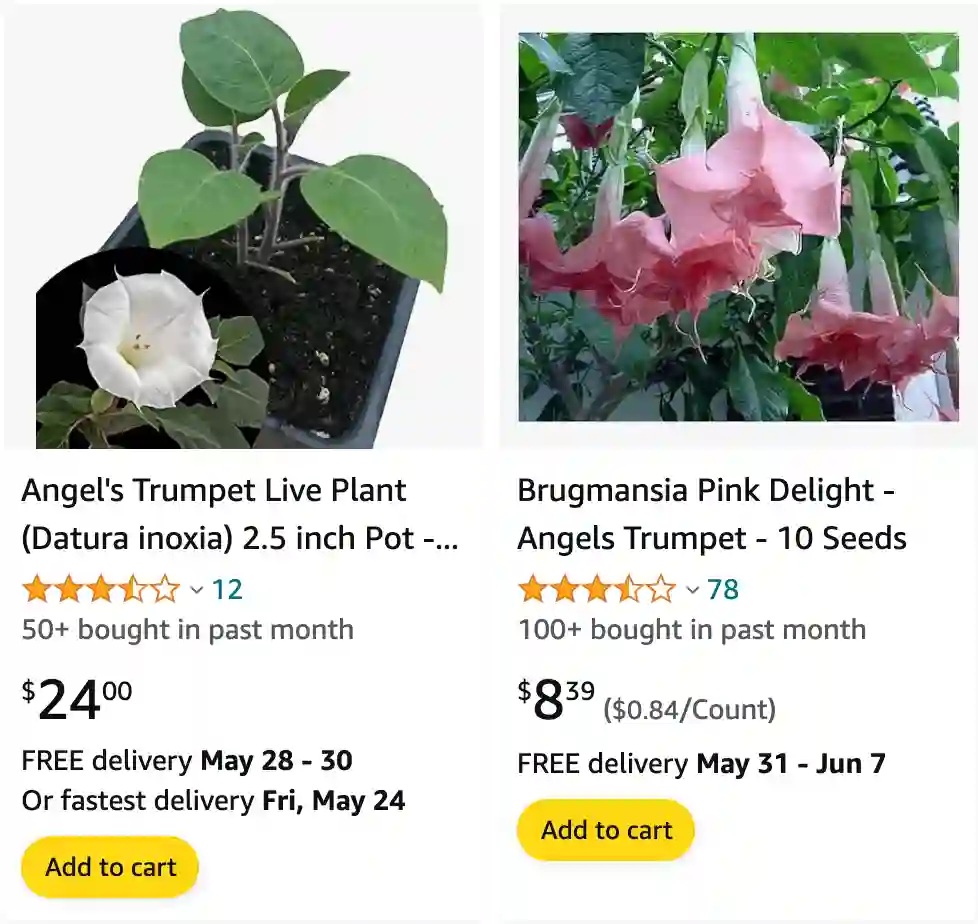
What species of Datura is Angel trumpet?
The species of Datura often referred to as Angel Trumpet Datura is Datura Suaveolens, a synonym of Brugmansia Suaveolens. I discovered this when I was researching how to properly care for my Angel trumpet plant. It’s essential to know the specific species you’re dealing with because different species may have slightly different care requirements. Datura Suaveolens, also known as Angel’s Trumpet or Sweet Datura, produces large, fragrant, trumpet-shaped flowers and is native to Central and South America.
9 Species in Genus Brugmansia
Is Angel trumpet and Datura the same?
No, Angel trumpet and Datura aren’t exactly the same, but they’re closely related. I’ve learned this through my own experience with gardening. Angel trumpet is a common name often used for several species of plants in the genus Brugmansia, while Datura refers specifically to plants in the genus Datura. Both are known for their trumpet-shaped flowers and hallucinogenic properties, but they have some differences in appearance and growth habits.
Devil’s Trumpet vs Angel’s Trumpet
When I first saw the Devil’s Trumpet(Datura Stramonium), its upward-facing blooms reminded me of bold declarations, while the Angel’s Trumpet’s downward-facing flowers seemed like gentle whispers in the evening breeze.
Angel Trumpet vs Moonflower
While the Angel’s Trumpet captivates me with its ethereal, pendulous blooms, the Moonflower‘s nocturnal elegance unfurls like a magical secret only revealed under the cover of darkness.
Borrachero Tree vs Angel’s Trumpet
Encountering the Borrachero Tree, I was struck by its imposing presence and powerful fragrance, whereas the Angel’s Trumpet, with its more delicate allure, always feels like a graceful, enchanting touch in my garden.
How to care for Angel Trumpet?
Here’s a guide on how to care for Angel Trumpet with caution, keeping in mind this important safety information:
Planting and Location:
- Planting Time: The best time to plant your Angel Trumpet is in spring or early summer after the danger of frost has passed.
- Sunlight: Choose a location that receives full sun, ideally at least 6-8 hours of direct sunlight daily. Angel Trumpets thrive in warm temperatures.
- Soil: Ensure the planting site has well-draining soil. Amending the soil with some compost or organic matter before planting can improve drainage and provide initial nutrients.
- Container Planting: Angel Trumpets can also be grown in large pots with well-draining potting mix.
- Important Safety Note: When handling Angel Trumpets, always wear gloves to avoid skin contact with the plant’s sap.
Watering:
- Regular Watering: Water your Angel Trumpet regularly, especially during hot weather and the first growing season. Aim to keep the soil consistently moist but not soggy.
- Established Plants: Once established, Angel Trumpets are moderately drought tolerant. However, during prolonged dry periods, supplemental watering may be needed.
Fertilizing:
- Feeding for Blooms: For best flowering, feed your Angel Trumpet monthly during the growing season (spring and summer) with a balanced liquid fertilizer diluted to half strength.
- Avoid Overfertilizing: Avoid overfertilizing, which can promote excessive foliage growth at the expense of flowers.
Pruning:
- Encourage Bushier Growth: Prune your Angel Trumpet after flowering has finished in autumn or early winter. This will encourage bushier growth and stimulate more flowers for the following season.
- Remove Dead or Diseased Growth: You can also prune to remove any dead, diseased, or unwanted growth throughout the year.
Winter Care (For Colder Climates):
- Cold Tolerance: Angel Trumpets are generally not frost-tolerant. In colder climates, you can bring them indoors before the first frost. Provide them with bright, indirect sunlight and maintain moderate watering.
- Overwintering Care: If bringing indoors, keep them in a cool, frost-free location and reduce watering during the winter months.
Propagation (Caution Advised):
- Propagation by Seed or Cuttings: Angel Trumpets can be propagated by seeds or stem cuttings. However, due to the plant’s toxicity, exercise extreme caution when handling any plant parts during propagation. Wear gloves and avoid contact with eyes or mouth.
Important Safety Reminders:
- Keep Out of Reach: Keep Angel Trumpets out of reach of children and pets to avoid accidental ingestion.
- Wash Hands Thoroughly: Always wash your hands thoroughly with soap and water after handling any part of the Angel Trumpet plant.
- Seek Medical Attention Immediately: In case of any accidental ingestion, seek medical attention immediately.
Alternative for Consideration:
Due to the Angel Trumpet’s toxicity, especially if you have children or pets in your household, you might consider Brugmansia, which is a closely related genus with similar beautiful flowers but is not as toxic.
When to sow seed for Datura Angel Trumpet plant?
Sowing seeds for Datura Angel trumpet plants is best done in the spring after the last frost date in your area. I’ve learned from my own attempts at propagation that starting the seeds indoors a few weeks before the last frost can help give them a head start. Sow the seeds in a well-draining potting mix and keep them moist but not waterlogged. Once the seedlings have developed several sets of true leaves and the weather has warmed up, they can be gradually acclimated to outdoor conditions and eventually transplanted into the garden. Patience is key, as Datura seeds can take some time to germinate, but the reward of watching them grow into beautiful, trumpet-shaped flowers is well worth the wait.
If i die, water my plants!
